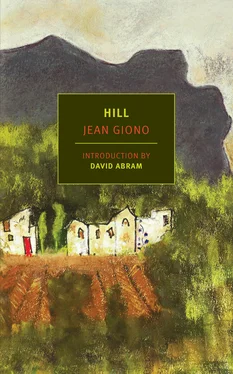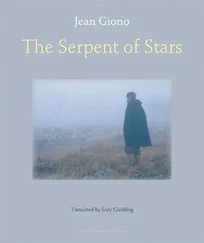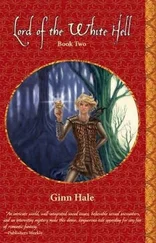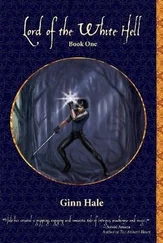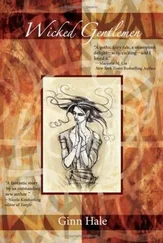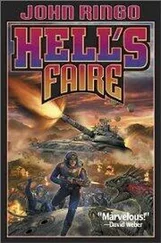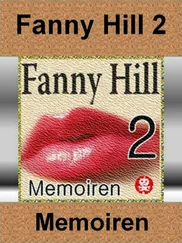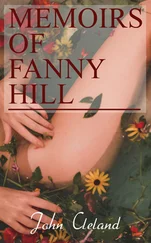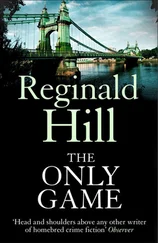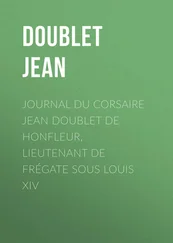Indeed, throughout his first ten novels Giono seems intent on celebrating and rejuvenating oral culture — the culture of convivial storytelling, of spontaneous oral eloquence, of musical speech and word magic. Not to the exclusion of literate culture (Giono was a prodigious lover of literature) but rather underneath the culture of books: He wanted to replenish this more ancient, visceral layer of language that holds our ears open to the speech of rivers and woodlands and the rain.
And it’s here, I believe, that we find Giono’s most remarkable contribution to the work of cultural metamorphosis, and to the prospect of an ecological future. In contrast to those who contend that verbal language, by its nature, necessarily breaks our direct, present-moment experience of the world around us — that the simple act of speaking inevitably tears the speaker out of her felt, sensorial participation with the sensuous surroundings — Giono shows that there exist ways of speaking that actually open our senses, ways of wielding words that can hold our speaking bodies in attentive rapport with the more-than-human terrain. He was the great pioneer of such a language, discovering an array of oral techniques that can be applied and put to use in our own time.
For example: Giono often elucidates human events by way of metaphors drawn directly from the local earth, while describing shifts in the surrounding landscape using metaphors drawn from the human body (or from the physical gestures of other animals). While today it has become a facile commonplace to say “the earth is alive,” the meaning becomes far more compelling when we speak of the visible terrain as flesh —as a living, breathing body. Moreover, it is one thing to be intellectually convinced of our human interdependence with other beings; Giono showed that by using corporeal and sensorial turns of phrase that mingle the flesh of humans and other animals with that of plants and earthly elements; by wielding metaphors that merge weather phenomena with sensations that we feel in our torso or our limbs; by combining in one extended metaphor terms drawn from different sensory modalities (that is, by using audible terms to describe visual phenomena, or tactile terms to describe olfactory sensations) — such intellectual notions begin to be experienced as visceral, felt realities.
We will not likely mobilize others to act on behalf of a more-than-human earth if our everyday language holds us aloof from that earth — if even the discourse of environmentalism remains couched in mechanical and statistical terms that stifle any instinctive, animal empathy with the animate terrain. The American philosopher Richard Rorty held that it is not those persons who argue well who are likely to change the world, but rather those who speak differently. For all who work for ecological change, and for a societal swerve away from our currently calamitous trajectory, Jean Giono remains the great artist of such a way of speaking differently.
— DAVID ABRAM
*For those readers who wish to sample Giono’s ecological cosmology in its full wonder, I suggest reading, at minimum, Song of the World (1934), translated by Henri Fluchere and Geoffrey Myers, and Joy of Man’s Desiring (1935), translated by Katherine Allen Clarke, as well as Giono’s well-known fable, The Man Who Planted Trees (especially as brought to the screen by the artist Frédéric Back, whose animated film won an Oscar in 1988).
To the memory of my father.
— JEAN GIONO
To the memory of my father.
— P. E.
FOUR HOUSES, orchids flowering up to the eaves, emerge from a dense stand of grain.
Up there among the hills, where earth’s flesh folds in thick rolls.
Sainfoin in bloom bleeds red under the olive trees. Bees dance around birches sticky with sap.
A fountain murmurs and overflows in two streams that plunge from a ledge and scatter in the wind. Gurgling under the grass, they reunite and course through a bed of rushes.
The wind hums in the plane trees.
These are the Bastides Blanches, the White Houses.
The remnants of a hamlet perched halfway between the plain, where steam-powered threshers roar in tumult, and the vast, lavender wasteland, the wind’s domain, in the frigid shadow of the mountain range of Lure.
The land of wind.
And the land of the untamed too: the garter snake coils from a spray of lavender; the squirrel darts, canopied by its tail, clutching an acorn; the weasel jabs its snout into the wind, a bead of blood glistening on its whisker tip; the fox reads the tracks of the partridge through the grass.
The wild boar groans under the junipers. Her babies, milk trickling from their mouths, prick their ears at the tall, gesticulating trees.
Then the wind lets go of the trees, silence lulls the branches, and the litter of the grunting sow snort as they tug at her teats.
•
Wild things and people from the Bastides cross paths at the spring, this fluid running out of solid rock, so soothing to both tongue and coat.
After nightfall in the open country there’s a muffled migration toward anything that’s singing and fresh.
And by daylight too, when thirst becomes overwhelming.
The solitary wild boar sniffs his way toward the farmsteads.
He knows all about siesta time.
At a trot he makes a wide detour under cover of the shrubs. Then, from the nearest point, he leaps.
And now he’s in deep. He wallows in the water. Mud coats his belly.
Freshness envelops him head to tail, back to belly.
He bites at the mouth of the spring.
Sweet, liquid coolness laps against his skin.
•
All of a sudden he tears himself away from these transports of pleasure and gallops off toward the woods.
He’s heard a farmhouse shutter squeak.
He’s well aware that a shutter tends to squeak when someone tries to open it carefully.
Jaume fires a round of buckshot, blind.
A leaf drops from the linden.
“What did you fire at?”
“A boar. Look at it over there, the son of a whore.”
•
Calm, blue, Mount Lure dominates the landscape and blocks out the west with its huge, numb, mountain body.
Gray vultures haunt it.
They wheel all day in the watery sky like sage leaves.
Sometimes they take off on voyages.
Other times they sleep with their wings spread, breasting the steady force of the breeze.
Then Lure looms up between earth and sun, and long before nightfall its shadow plunges the Bastides into darkness.
•
Married couples live in two of the houses.
One belongs to Gondran le Médéric. He married Marguerite Ricard. Her father, Janet, lives with them.
One belongs to Aphrodis Arbaud. He married a woman from Pertuis.
They have two little daughters, one three, one five.
Then there are:
César Maurras, his mother, and their young welfare worker.
Alexandre Jaume, who lives with his daughter, Ulalie. And finally, Gagou.
So they’re an even dozen, plus Gagou, who throws off the reckoning.
•
The houses enclose a small square of bare ground — a shared space, and a place for playing at boules .
The wash house lies under the big oak.
You scrub your laundry in a sandstone sarcophagus carved on the inside to resemble a man in chain mail.
The cavity for the cadaver brims with green, brackish water that quivers with the etchings of aquatic insects.
The sides of this massive coffin hold images of women flagellating themselves with laurel boughs.
Aphrodis Arbaud unearthed this age-old stone one time when he was uprooting an olive tree.
•
Читать дальше
